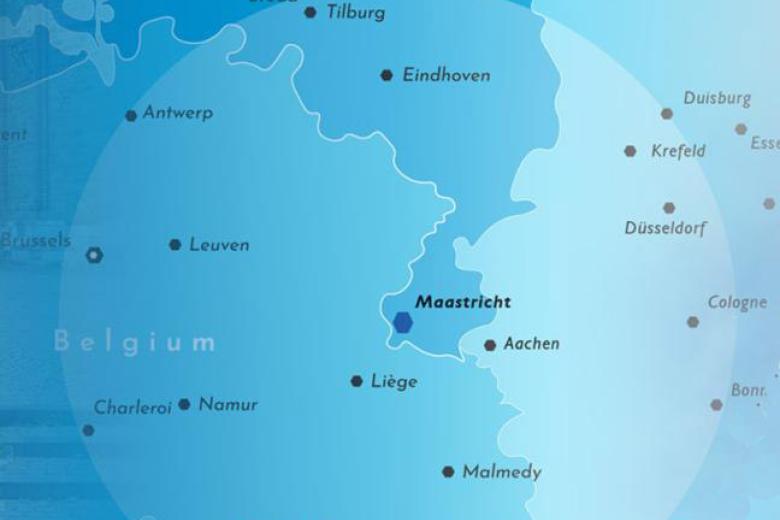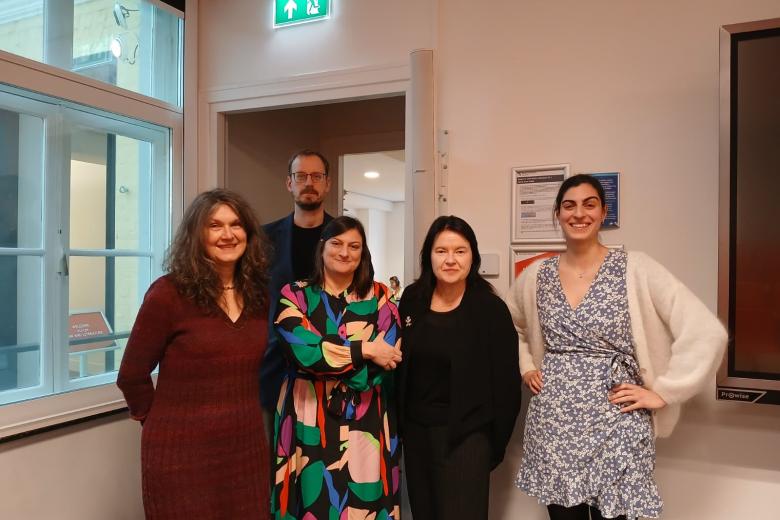Study of epilepsy patients in most powerful MRI scanner
For the first time, epilepsy patients will be studied using the world's most powerful MRI scanner. This way, Maastricht researchers hope to be able to trace the source from which epilepsy originates in patients for whom this has previously not been possible. The research is being done by neurosurgeons and neurologists from the Academic Centre for Epileptology at Maastricht UMC+ and at Kempenhaeghe. The study is made possible by a grant of more than 200,000 euros from the Epilepsiefonds.
Epilepsy is a common, chronic brain disorder characterised by repeated seizures. A temporary short circuit, as it were, occurs in the brain. In some patients, this short circuit occurs in one specific part of the brain, which is called focal epilepsy. With the traditional MRI scanner used at most hospitals, the abnormality that causes this can be detected in many cases. If successful, the neurosurgeon can remove this potential source of epilepsy through surgery. However, in three out of ten patients, the MRI scan does not show an abnormality. As a result, the chance of a successful operation, and thus a cure, is considerably reduced. “There are indications that more powerful MRI scanners can change this”, says neurologist Dr Albert Colon, project leader on behalf of Kempenhaeghe.
Magnetic field
The power of an MRI scanner is expressed in Tesla, which is the strength of its magnetic field. The more powerful the field, the more accurate and detailed the scan. The average hospital scanner has a maximum strength of 3 Tesla. The Maastricht research institute Scannexus, located near Maastricht UMC+, has both a 7 and a 9.4 Tesla scanner at its disposal. Of the latter, only five are currently operational worldwide. Normally, this scanner is used to acquire fundamental knowledge about our brain. Now, we will be using the scanner specifically for diagnostic purposes.
More targeted treatment
A total of 60 patients who are eligible for epilepsy surgery will be selected to participate in the new study. Most of them will be scanned with the 7 Tesla MRI scanner. One in six will be eligible for a 9.4 Tesla scan. “It is fantastic, of course, that we can use this innovative technology for our diagnostics”, says neurosurgeon Dr Olaf Schijns, project leader on behalf of Maastricht UMC+. “In the end, we hope that we will be able to find the abnormality in the brain and thus the potential source of epilepsy in almost every patient. This way, we can offer personalised treatment and increase the chance of recovery.”
The research project is titled EpiUltraStudie and is a collaboration between the Academic Centre for Epileptology (ACE) locations at Maastricht UMC+ and at Kempenhaeghe, the MHeNS research school at Maastricht University, the Neurosurgery Department of the University Hospital Aachen (Germany) and Scannexus.
Also read
-
DigiMach places Meuse-Rhine Euroregion at the heart of industrial digitalisation
DigiMach (Digital Machining) is a new cross-border project uniting Belgium, Germany, and the Netherlands around a common goal: accelerating the digitalisation of the machining industry in the Meuse-Rhine Euroregion.
-
Globalisation & Law Network seminar with Áine Ryall
On 24 November 2025, the Globalisation & Law Network, together with the Institute for Globalisation and International Regulation (IGIR) held the seminar with Professor Áine Ryall.
-
Guest Lecture: Lóránt Havas explores current challenges in the EU’s CFSP
Lóránt Havas delivered a guest lecture on the EU’s evolving CFSP, discussing key legal developments, institutional challenges, and new defence instruments.